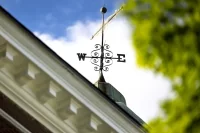Anthony Phillips ’10 recalls taking the bus as a child from North Philadelphia to an elementary school in a predominantly white community and noticing how the streets were cleaner in that neighborhood, the homes had lawns.
Phillips said there were clear indicators back then of housing redlining and racism at work. The corner of Philadelphia where he grew up, Phillips said, was rife with violence, undesirable homes, and drug deals taking place out in the open. The stark contrast made Phillips wonder on those bus rides in his childhood how two areas in such close proximity could be so different.
“I always wondered why my neighborhood did not look as beautiful as other neighborhoods when it came to resources. I was always concerned about why this was happening in my neighborhood. So that made me think about the inequity, right? In my own city, one neighborhood looked beautiful, and another neighborhood looked like it needed a lot of support. But what I did love about my neighborhood at the time: It was full of love,” Phillips said.
“We had neighbors who looked after each other. We had neighbors who loved to chat and laugh with one another. We had great block parties and festivities. But we didn’t have the same resources as other neighborhoods when it came to making sure that crime and other nuisance things didn’t take place.”
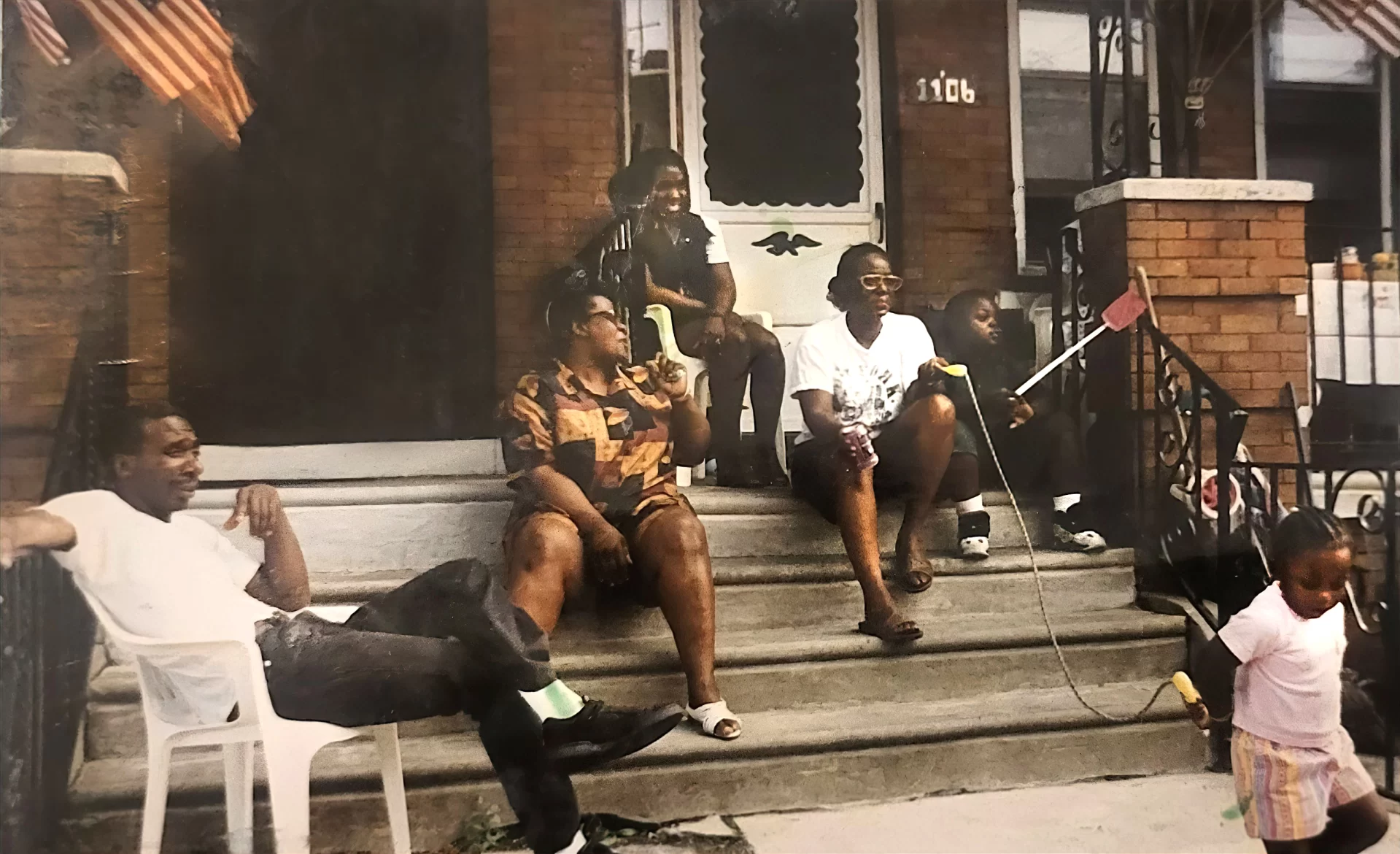
From an early age, Phillips’ mother and grandmother taught him that values like kindness, integrity, and hard work could lead to a better life. They served as living examples of the joy found in helping others — offering a roadmap Phillips trusted. He also admired the industry, grit, and determination embodied by their tireless work and unremitting commitment to education. He has followed their example to this day
So in 2022, when Phillips was encouraged by his community to run for a seat on the 17-member Philadelphia City Council to serve the northwest section of Philadelphia where he grew up, he answered the call. With no electoral experience — but a hefty collection of degrees that led the Philadelphia Inquirer to dub him “an academic wunderkind” — Phillips won a seat at the table in Philadelphia City Hall in a special election at age 33. Then he won the regular election a year later, earning the right to continue serving the people of the 9th district. And in just his first 15 months in office, Phillips proved his commitment to serving those in need.
For Anthony Phillips, what it took to overcome financial obstacles, redlining, and urban decay and find a life journey worth pursuing was the hard work, love, resolve, and faith his mother and grandmother passed on to him.
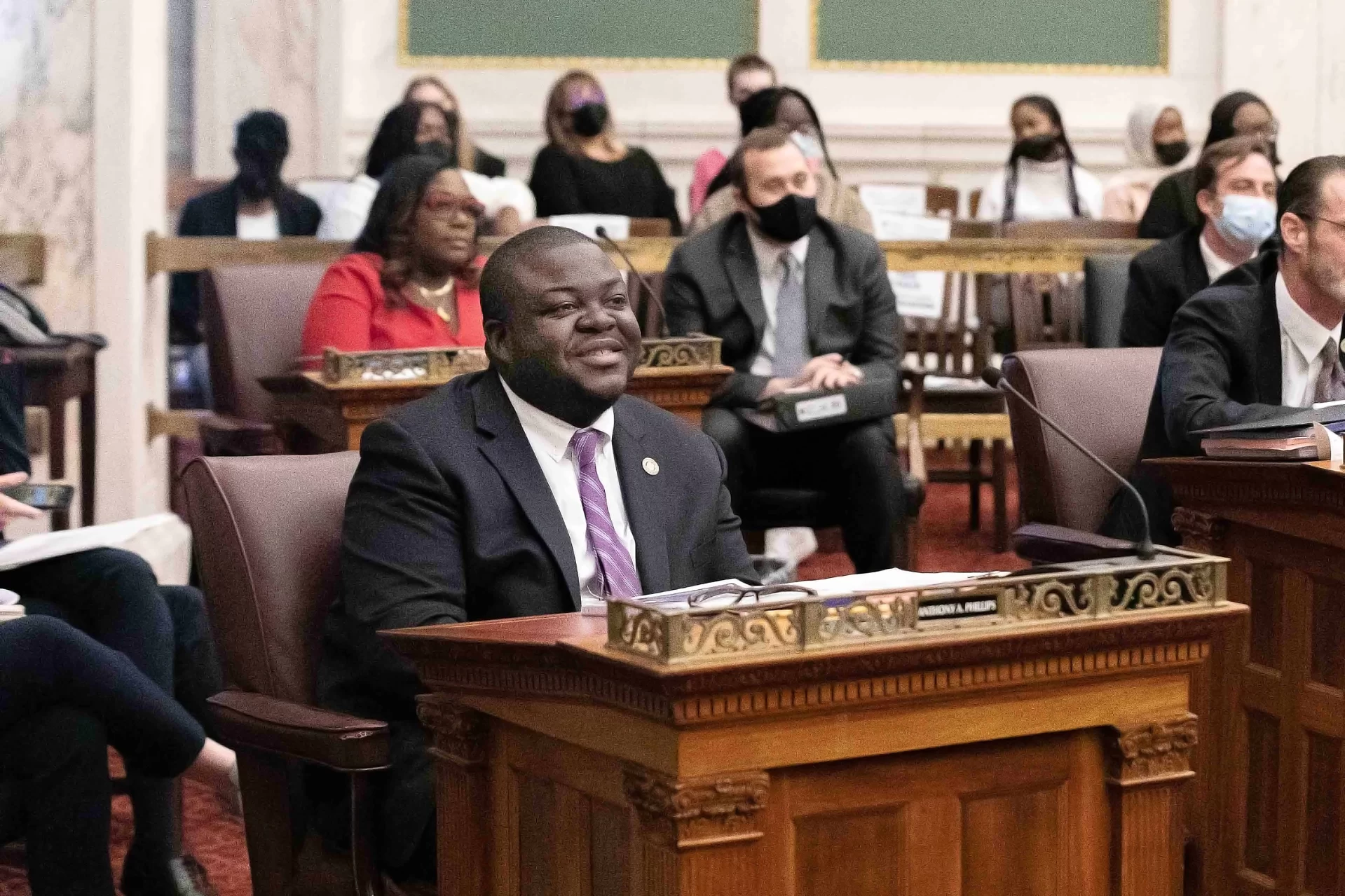
“My grandmother was my second parent. I never even met my father until I was 21 years old,” Phillips said. “But my mom always surrounded me with people that could be impactful in my life. She always said to me, ‘Hey, I want you to hang out with Mr. Cleave and Mr. James. Mr. Cleave and Mr. James ended up being these 70-year-old men who were my mentors, who taught me how to play checkers, but also encouraged me. They’d be like, ‘Hey, I like the way you speak. I like the way you dress. I liked the way you treat your family.’ They gave me positive affirmations.
“Growing up we didn’t have much materially. But I forgot sometimes that we were poor because we were rich in so many other ways. Ever since third grade, I was this person who was immensely concerned about: How can we make other people’s lives better?”
Phillips’ maternal grandmother, Evelyn Phillips, started her life working as a sharecropper picking cotton in Marion, S.C., in the 1940s. His mother, Ann Phillips, worked full time as a case worker and office manager for the Philadelphia Department of Public Works, then at night and on weekends, she added a second part-time job at Walmart and Caldor. Together they provided the means to move from North Philadelphia to a very desirable home in the northwest section of the city. And in the brick row house where the two women together raised Anthony and his sister, Latrisha, they filled their home with academic rigor, life lessons, and love.
Latrisha earned a doctorate and is an executive at an elite private school. At the University of Massachusetts-Amherst, Anthony is currently completing his doctoral dissertation on whether the Black church is still serving the needs of citizens of Philadelphia.
Phillips recalls how his mother first taught him about the realities of being a Black man in America after he went on a field trip in third grade to Baltimore’s Black Wax Museum. He walked into the replica of a slave ship hull and saw the wax representations of Black slaves, and went home confused.
“I said, ‘Mom, I saw the craziest thing ever: Black people were enslaved. Did you know they were in chains?’ My mom said, ‘Well, that’s the way things were. And, in some ways, that’s the way things still are today.’ And I said, ‘Well, we’ve got to do something about that.’ So my journey to action came from what I call this African American history moment in my life,” Phillips said.
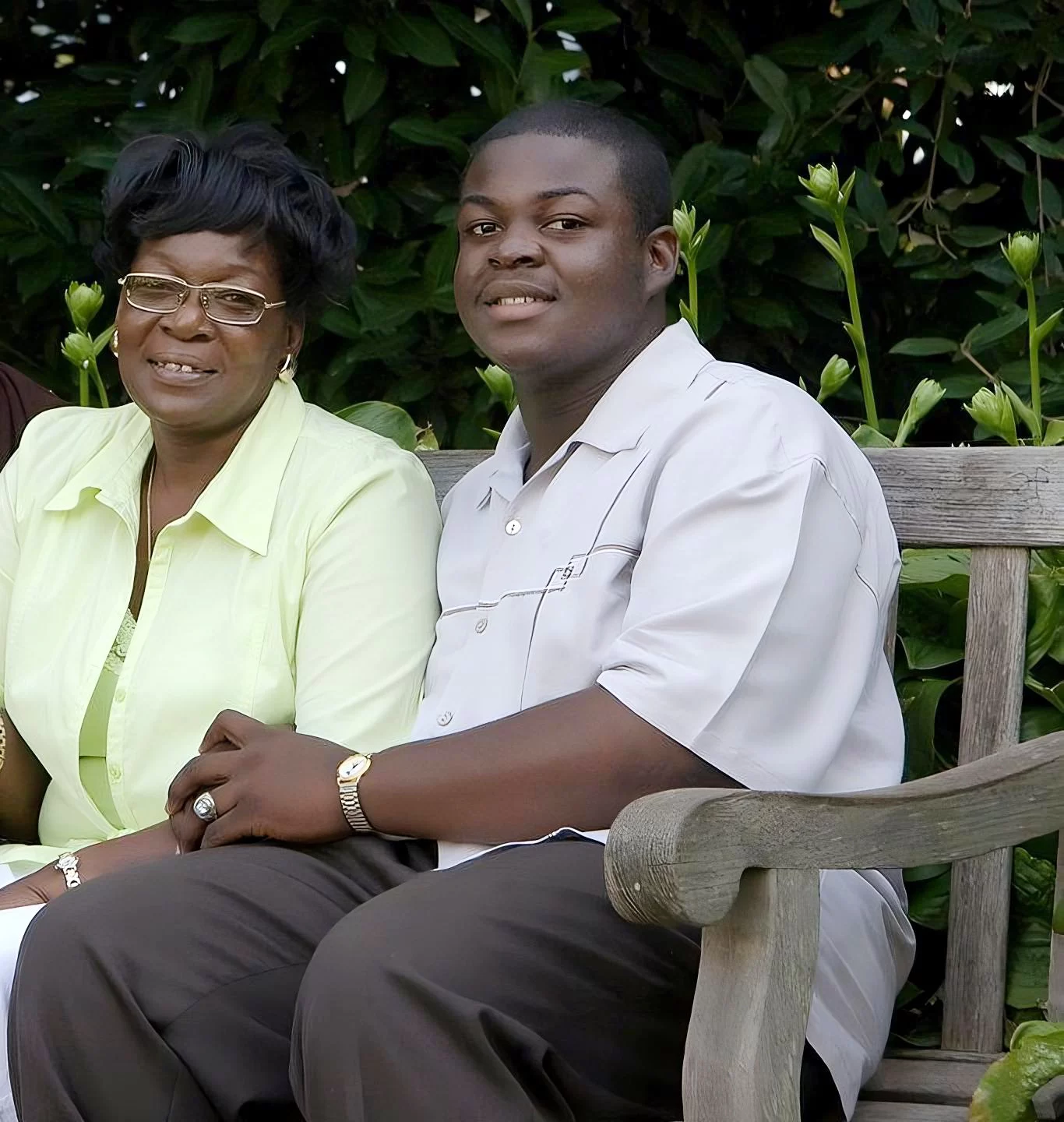
Soon after, at his mother’s suggestion, Phillips became a junior deacon at his church, Triumph Baptist Church. While he was in middle school, he started a nonprofit called Youth Action with two friends to help youth get involved in social activism to encourage positive change in their neighborhood. All the while, he researched and read about the Civil Rights Movement. When he read how Martin Luther King Jr’s mentor at Morehouse College went to Bates, Phillips decided to apply.
At Bates, he double majored in philosophy and African American studies (now Africana) and was a Benjamin Mays Scholar. During his junior year, he joined a Bates exchange program to study at Morehouse College. As a senior, he completed a Bates honors thesis detailing the conflict within the Student Nonviolent Coordinating Committee between Black integrationists and Black nationalists.
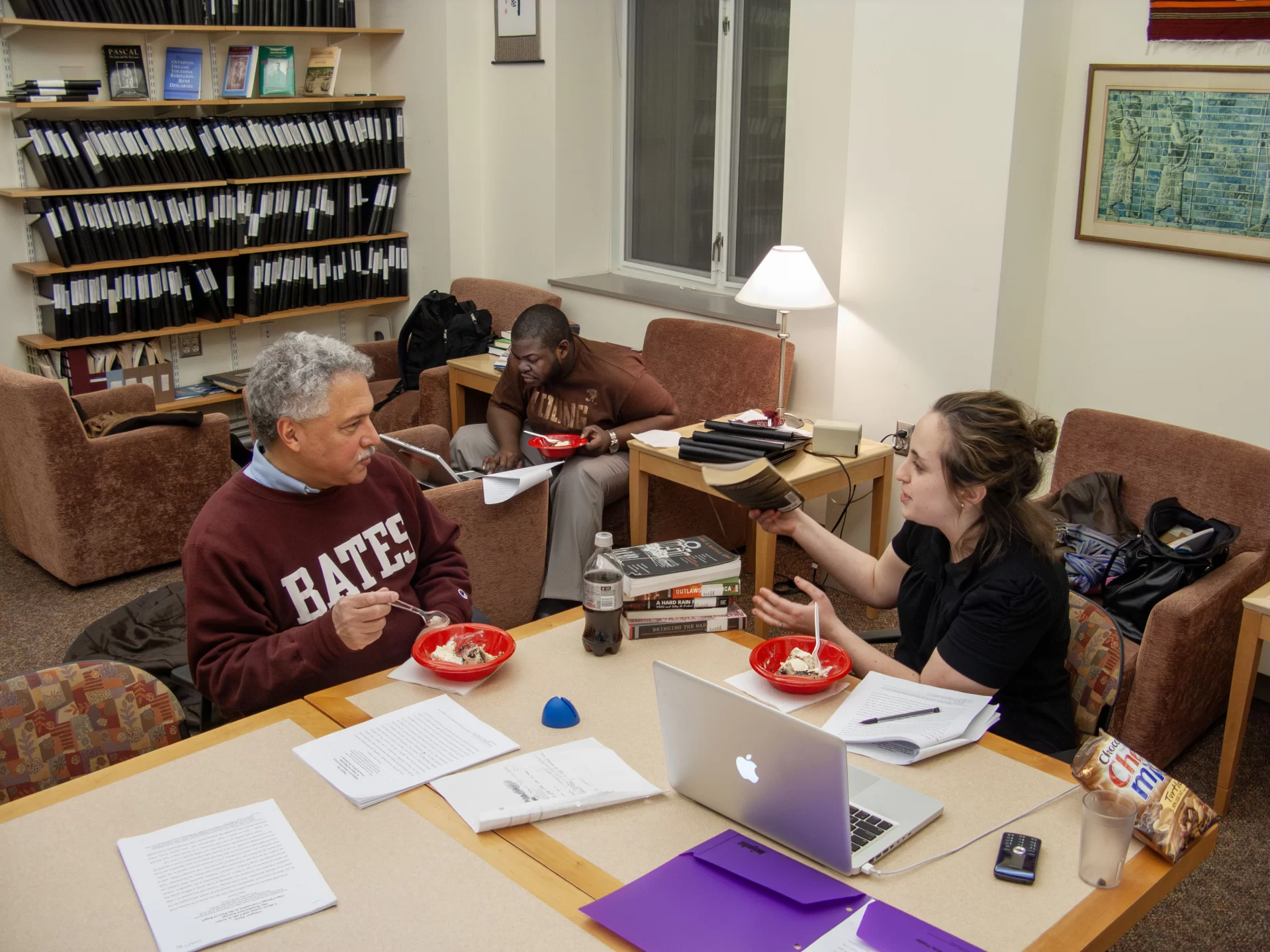
Along the way, he sought out and found other mentors at Bates, such as Professor Emeritus of History Hilmar Jensen, and Charles Nero, the Benjamin E. Mays Distinguished Professor of Rhetoric, Film, and Screen Studies.
Nero said Phillips was intellectually very curious. He attended and helped at many of the events hosted by the Multicultural Affairs office that existed at the time. It was no surprise to Nero when Phillips chose to double major in African-American studies and philosophy.
“I thought for him that was a really good choice because he wanted to know not only about the specific experiences of Black people and African-American people, but he also wanted to have an understanding about what it is that appeals to people about power,” Nero said. “I think that combination of studies allows him, at a personal level, to think about how to engage in power and how to use power for the benefit of Black people.”
After graduating in 2010, Phillips headed to Yale for a master’s in Black religion in the African diaspora. Just as he was getting started, his mother died unexpectedly from complications during an asthma attack. Phillips was just 21. Still, he forged ahead.
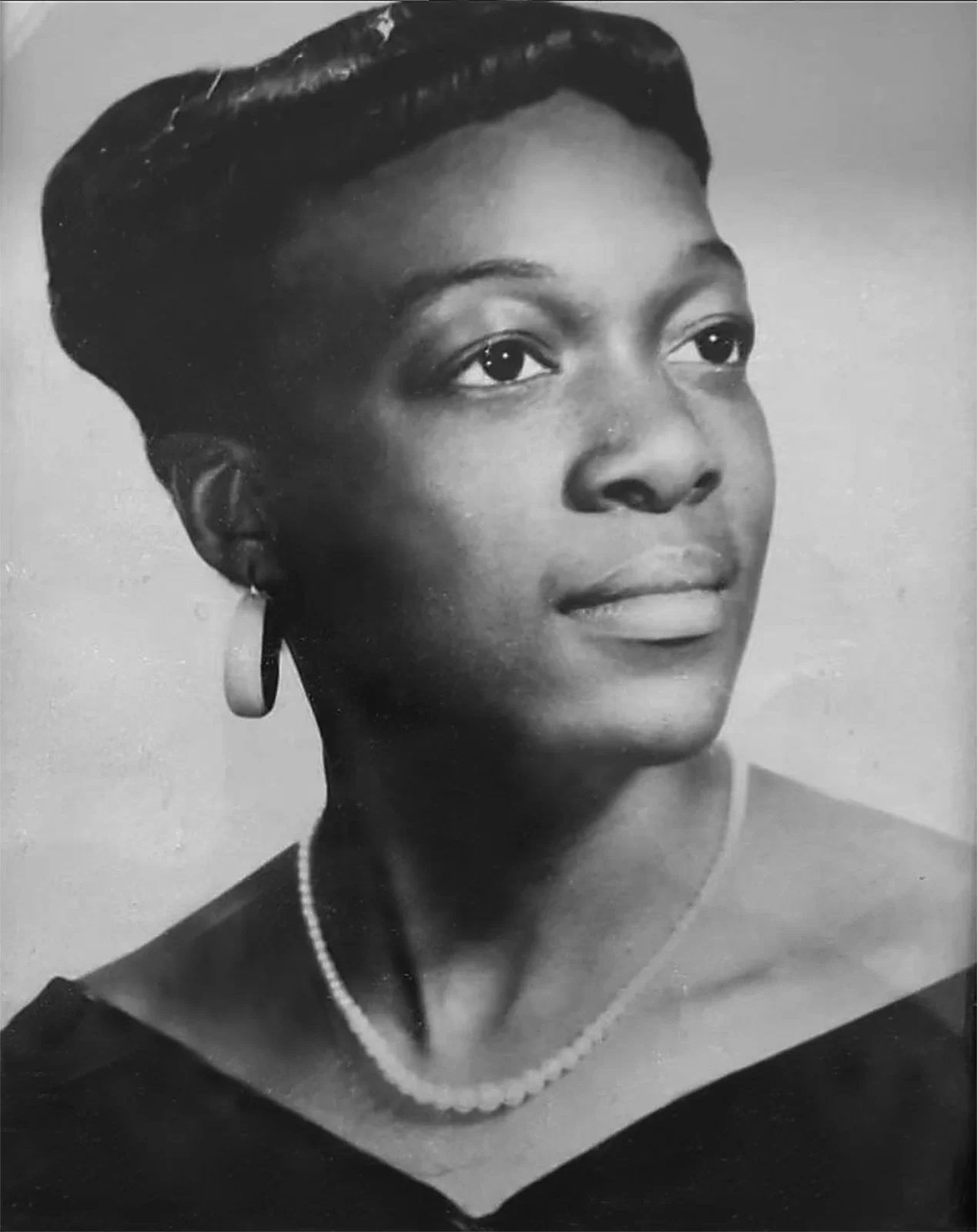
“I think about the fact my grandmother was a sharecropper from South Carolina where she had to pick cotton in the fields. And my mom sacrificed with basically no money to provide food and resources for her kids. That inspiration helps push me forward,” he said.
Their example kept Phillips focused on service. As he began doctoral studies at the University of Massachusetts-Amherst, he joined the university program Student Bridges to help provide education and access to underrepresented students in western Massachusetts. In 2018, Phillips joined TeenSHARP, based in Wilmington, Del., to help prepare talented Black, Latino, and low-income students for success at selective colleges and universities.
And in hard times, he also found inspiration in his faith.
“When I’m down and when I feel as if things are not going well, I also get my inspiration from God. The church is what gives me purpose every Sunday,” said Phillips, who worships at Salem Baptist Church, a historically Black church in Abington, Pa.
“When I drive the church bus for the seniors, they are always encouraging me, saying, ‘You’re doing a good job, keep it going.’ Those seniors on that church bus, they inspire me, too.”
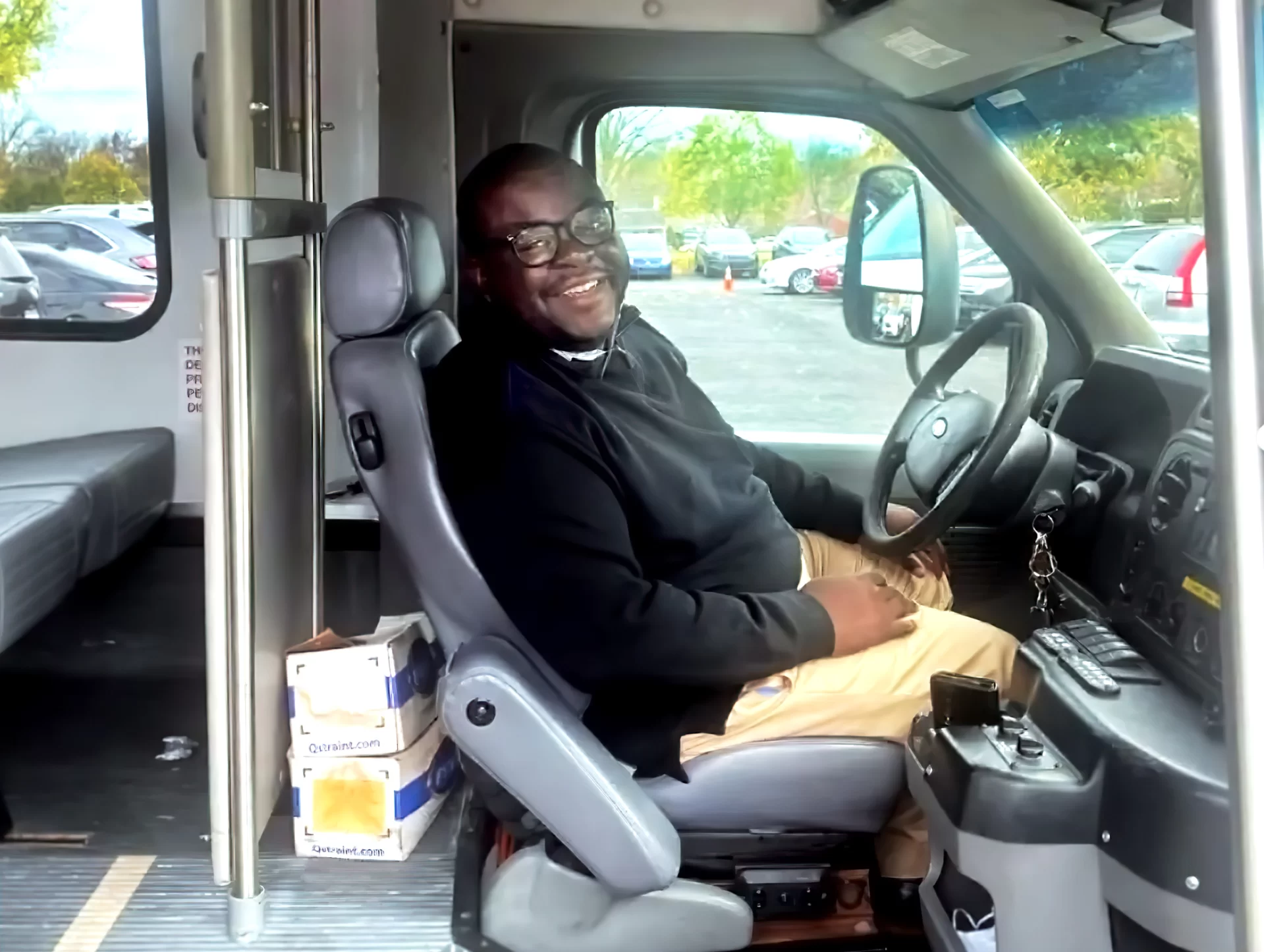
Nero pointed out that Philips is both a political leader today, as well as a leader in his Black church, which historically has been a significant, supportive community to Black people and African-American people in the United States.
“He’s a church goer, a religious person, a spiritual person, and he’s also made decisions to be in a majority Black religious situation. So I think that’s also about his commitment to Black people and recognizing the church as a site of power,” Nero said. “The church is a place that is empowering. It celebrates the community, and especially in the context of white supremacy, Black churches have been a place where Black people celebrate themselves.”
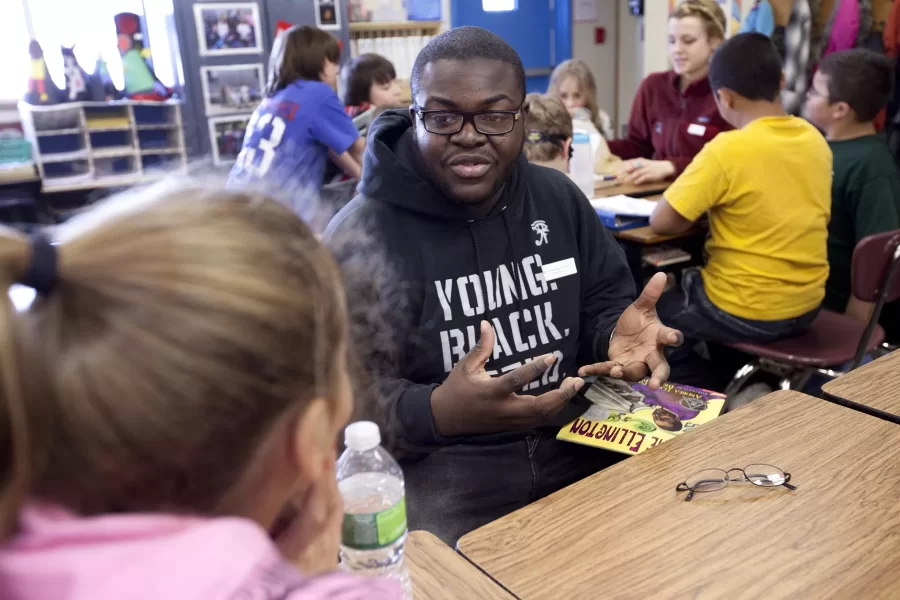
In 2020, when Cherelle Parker announced she would vacate her city council seat to run for mayor, she encouraged Phillips to run for her seat representing the 9th district, where he grew up. Parker went on to win the mayoral race to become the first woman to lead Philadelphia in 341 years.
When Phillips won the 9th-district seat in 2022, it galvanized him. He vowed to improve education, neighborhood vitalization, and infrastructure — promises that yielded results.
Immediately, he worked to improve the livability of the district by introducing legislation to ban tractor trailers from parking in residential areas in the city. When the ordinance passed, he introduced legislation to bypass the time-consuming studies needed to install speed bumps around schools, to slow traffic near schoolyards. That passed.
“My colleagues on the city council loved it so much, they asked about the rec centers, libraries, senior centers, and areas with vulnerable populations,” Phillips said with a booming laugh. “When you work with children, you have to have a whatever-it-takes approach to getting things done.”
This January, Phillips introduced legislation to ban ski masks so residents would feel safer in an area with high crime. It drew criticism on social media and was ridiculed for being a waste and unnecessary. That ordinance passed.
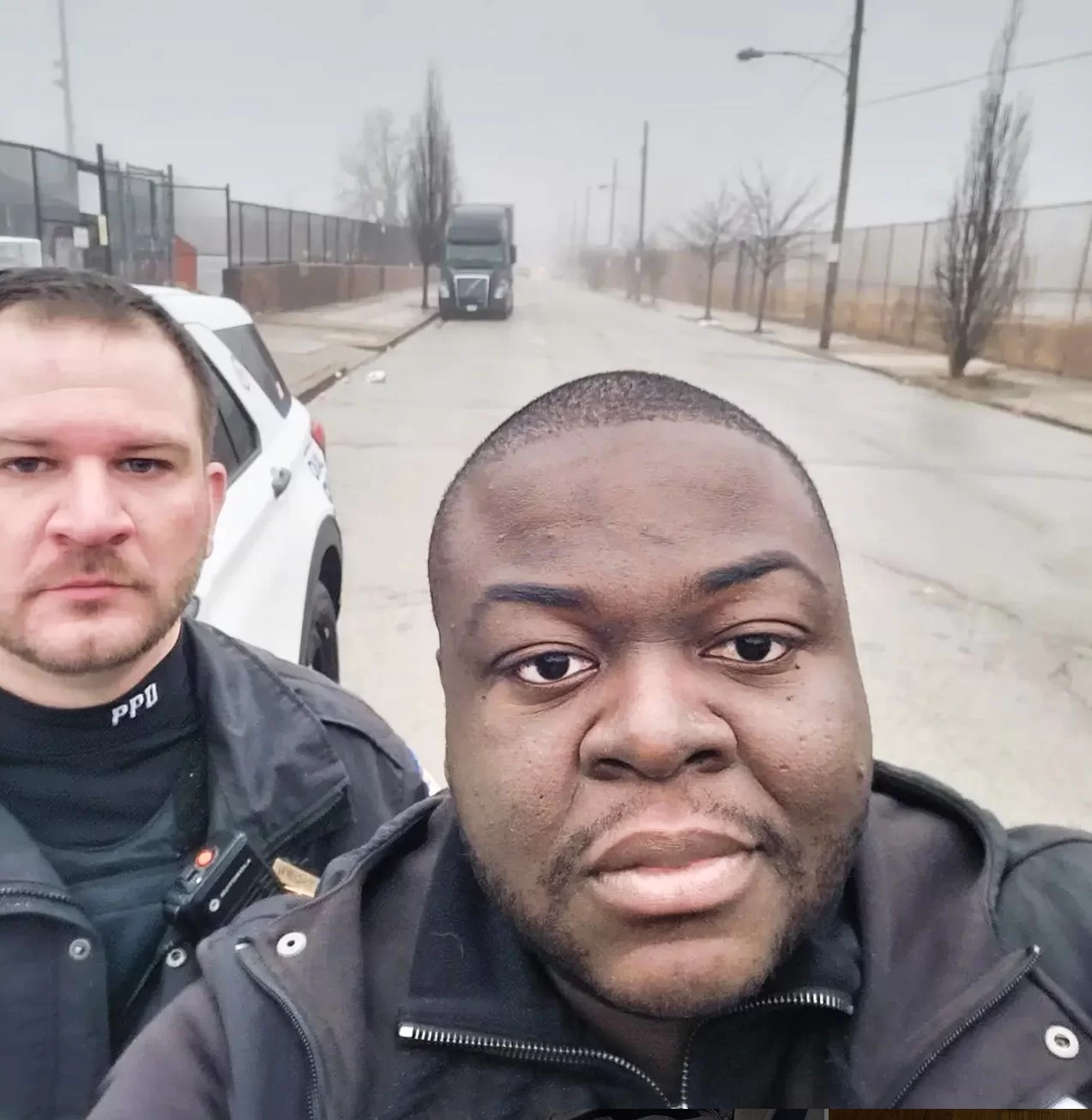
“You’ve got to keep moving. I’m always looking for the next big piece of legislation,” Phillips said.
Having grown up in North Philly, Phillips said he knows intimately the kind of inequality that exists, even between neighborhoods a few miles apart. Step by step, he hopes to tip the scale toward those in need.
Philips’ Instagram account — @phillipsdist9 — is full of the programs and the kind of change he seeks. One video from last January shows him at night out on a street in North Philly during a snowstorm looking for roads that need to be plowed. In it, he asks residents to call and report any.
Another post shows him working with a group offering a free recycle drop-off for old electronics. Wearing a poncho while working in the rain, Phillips cheers in the post, “We get stuff done!”
